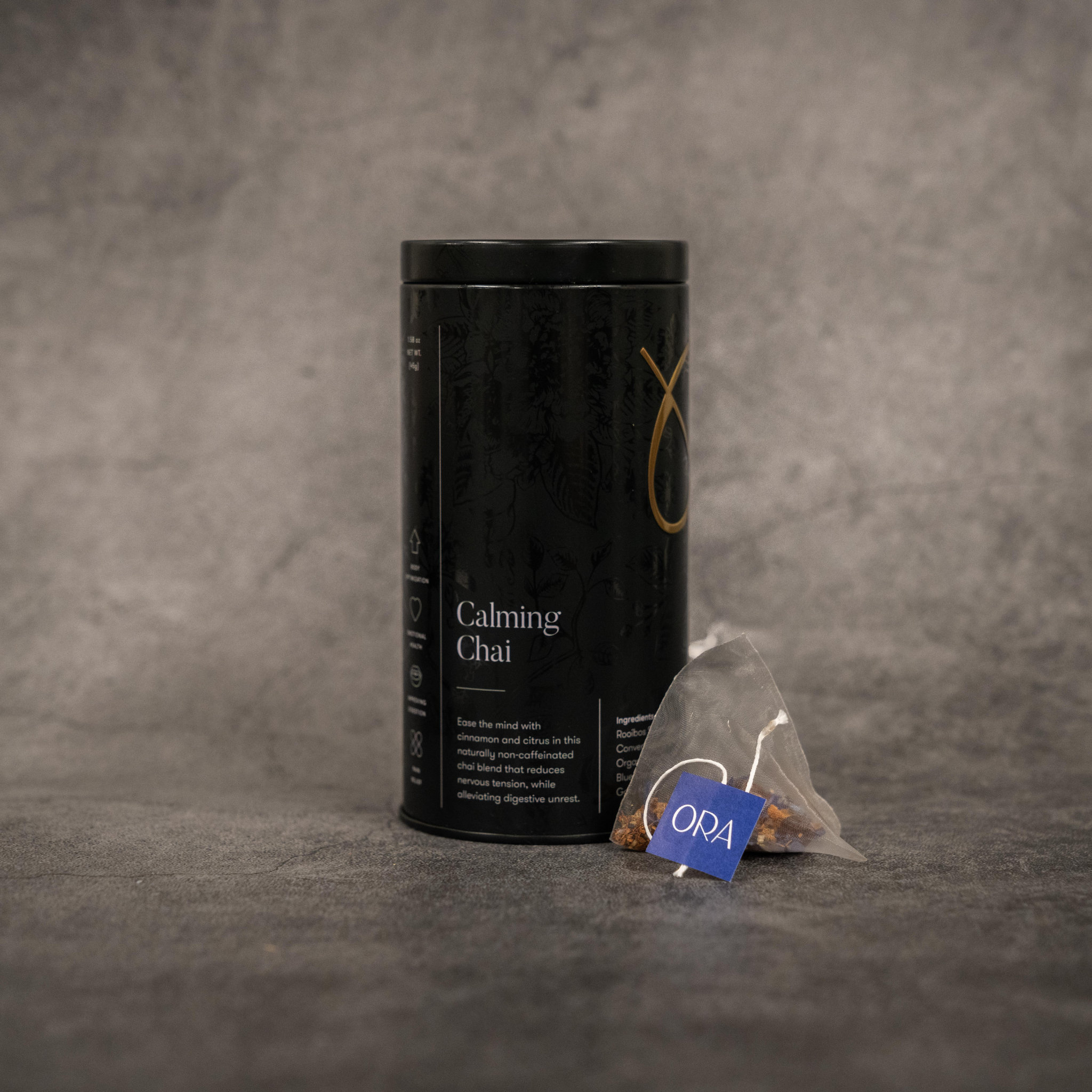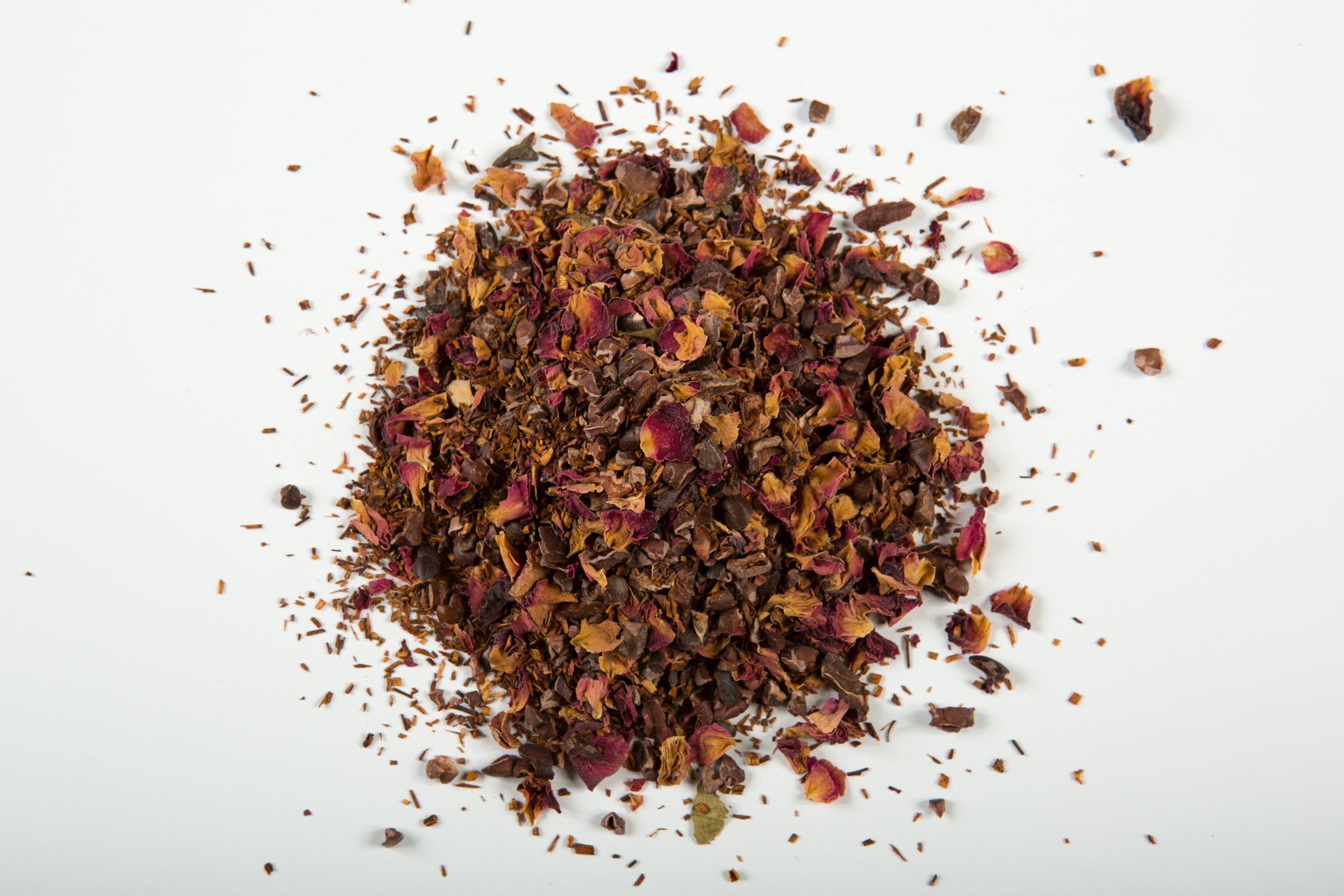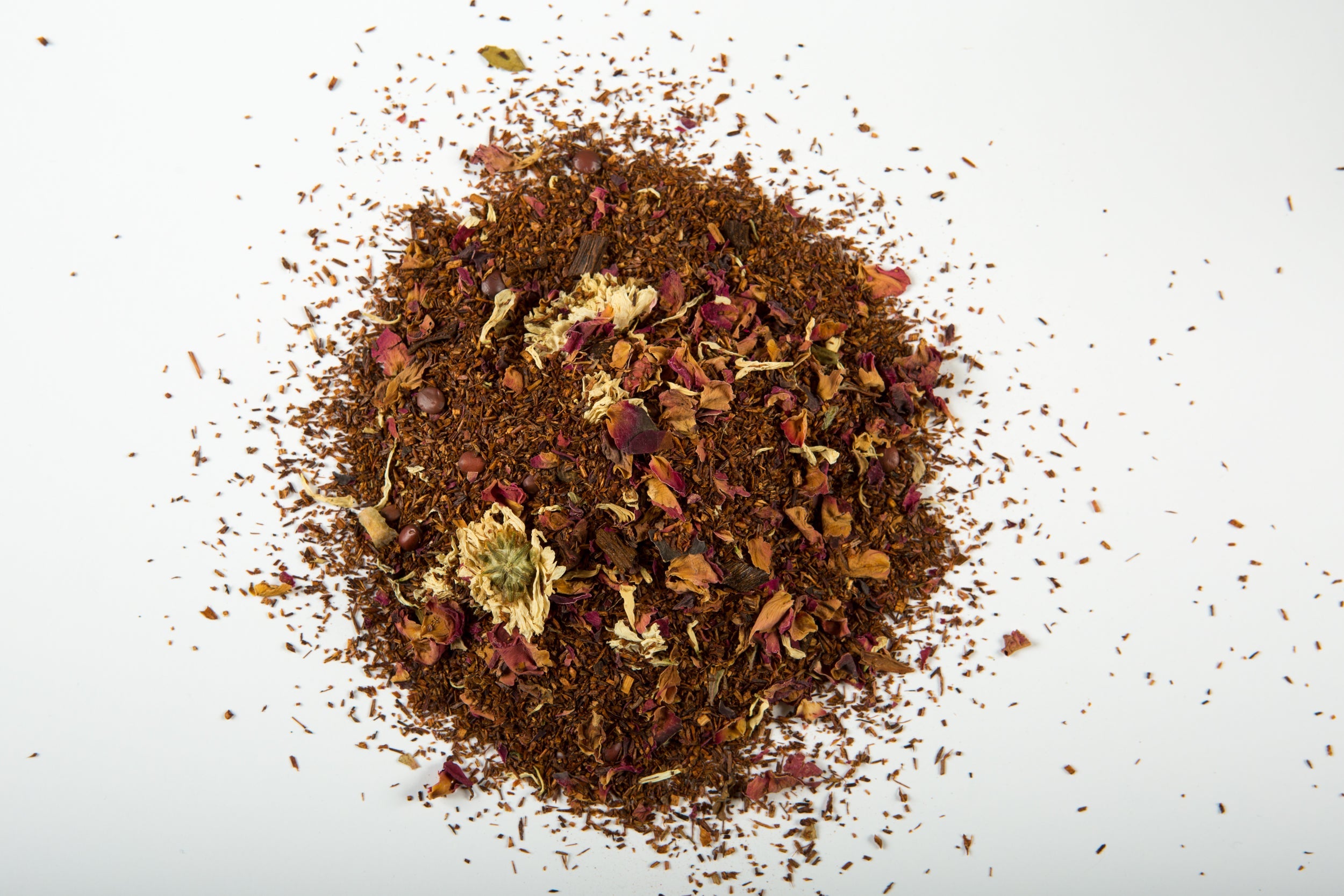Lunar New Year is the first new moon of the new lunar year. The holiday starts on Lunar New Year’s Eve on February 11th, and ends on the sixth day of the New Lunar Year on February 17th. Sometimes also called the Spring Festival, the Lunar New Year is a festival with profound cultural practices rich in historical and cultural importance. The focus of this annual event is to wish for prosperity, good health, luck in life, and good fortune for the year to come. These activities also include removing the old, and welcoming the new. Many of these celebrations traditionally revolve worshipping buddhas and paying homage to our ancestors, and praying for good harvest.
In Chinese Lunar New Year astrology, each year represents a different animal of the 12 chinese zodiacs. 2021 is the year of the Ox, which symbolizes wealth, willfulness. The Ox year also symbolizes an abundance of the Earth Element, in TCM physiology this represents the spleen and stomach. An abundance in TCM-terms suggests a potential imbalance for the organ, so take extra care of your digestive health this year!
10 things you didn’t know about the Chinese New Year:
-
- It’s 7 days and celebrations start on Chinese New Year: New Years activities start on New Years Eve, starting with a big family dinner of specific dishes to invite fortune, good health, prosperity, and longevity for the year to come. Common dishes include sticky glutinous rice, noodles, fish, and dumplings.
- New Years Eve cleaning house: In preparation for the Lunar New Year, it is very common in most Chinese households to clean the house before the big New Year. It’s important to clean the house, and make sure to get rid of any trash leftover from the previous year.
- Paying tribute to our ancestors: Before Lunar New Years Eve dinner, we pay our tributes to our ancestors and invite them to eat this large feast (which is usually pre-prepared and plated on a table). There is often burning of traditional Chinese fake-money to give to our ancestors. This ritual provides wealth and nourishment to our “guardians” to continue to look after us and protect us.
- Eating Noodles: Because of it’s continuous shape and length, noodles symbolize longevity and continuity, and celebrate long life and vitality, for years to come.
- Year of the Ox: 2021 is a Metal Ox, which is a combination of metal the earth element. In Chinese astrology, this represents a need to focus on our metal organs (lung / large intestine) and earth organs (spleen / stomach).
- Fortune reading: Because each year the animal and related elemental energy is changing, this also shifts each person’s individual interaction with this new energy. To better help us navigate these coming changes, it is common to have a Chinese fortune reading to get a view on health and possible life changes in the year to come. This is similar to a natal chart, but changing every year, Much of Chinese fortune and astrology comes from Huang Di Nei Jing, a classic text always referenced in explaining TCM theory.
- Eating a whole fish: In Chinese culture, it is important to have a start and end, so we always want to eat a fish with a head and a tail.
- Dumplings: These are shaped in a traditional Chinese money so to bring a blessing to good fortune in the coming year. Dumplings are shared between family.
- Eating round sticky rice: Round sticky rice (like mochi) are also eaten to indicate families stick together.
- First Day of the Year: In Chinese astrology, we focus on using positive words, motivation, and thoughts on the first day of the year as to avoid giving ourselves (or others) bad omens. We’re also visiting temples to donate money as a sign of offering to Buddha to take care of our health and loved ones. It’s also time to visit family and grandparents to give our blessings for the coming new year.












